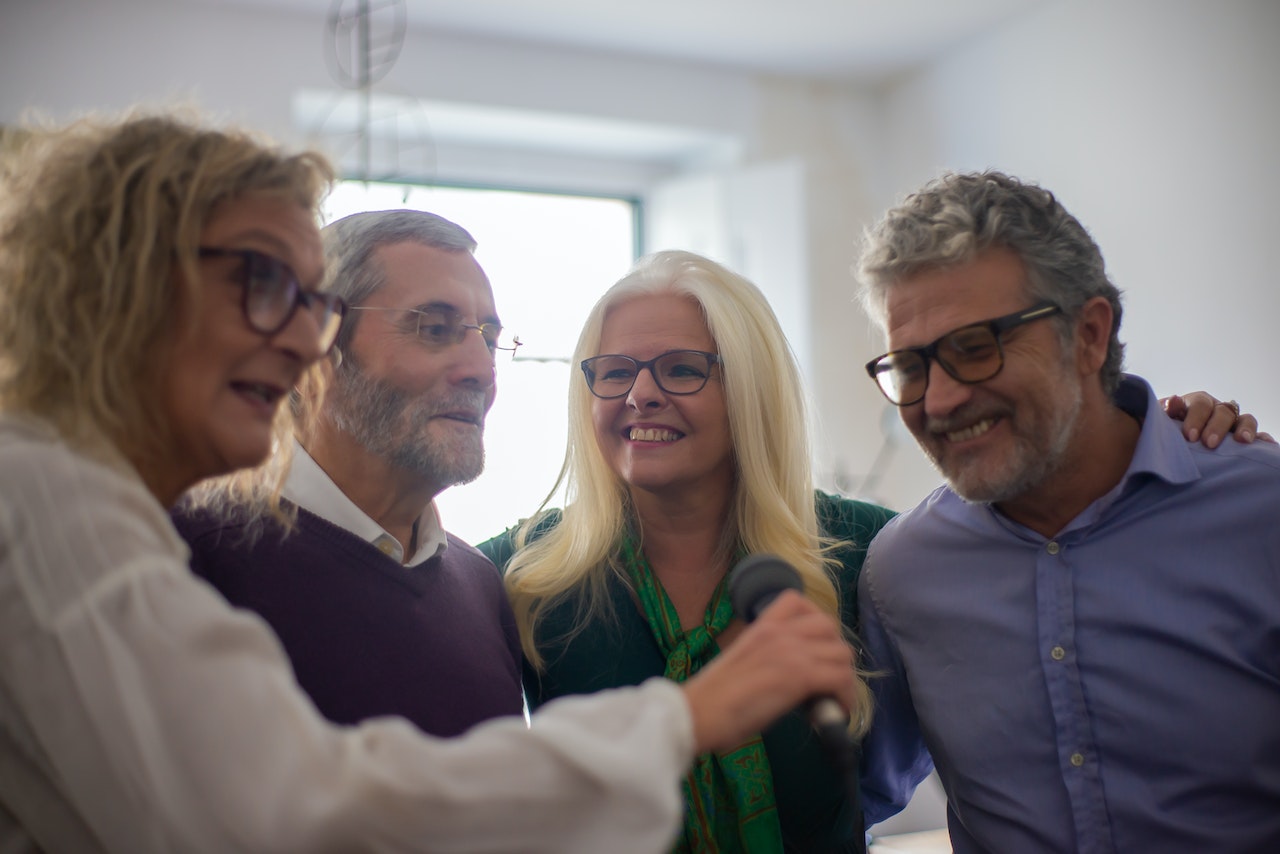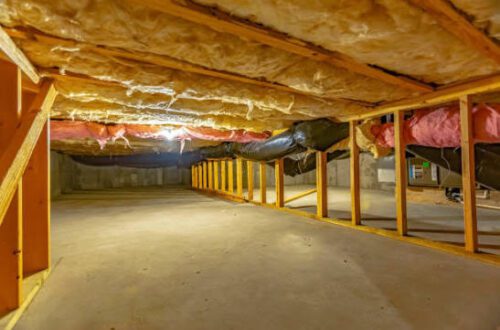If you are a senior with a limited income, affordable housing options may be available. These communities provide services like meals, housekeeping, transportation, and a support network to help you stay healthy and independent.
These senior living communities often offer amenities like playgrounds and kids’ pools. Many also have few, if any, rules about visiting family members.
Creating a Vibrant and Supportive Environment
With 1.2 million seniors now living in New York City, developers are pushing the boundaries of what a senior community should look like. Last year, a first-of-its-kind LGBTQ-friendly senior community opened for projects prioritizing sustainability and affordable housing, designed a 154-unit building with hydroponic planting beds, a community space, and super-insulated facilities to reduce energy consumption by up to 70 percent.
If you want to maintain independence but need help with daily activities, consider moving into a senior rental apartment community. These age-restricted communities are typically multi-family apartments or condominiums that require at least one resident to be 55+ and may include amenities such as community dining rooms, housekeeping, transportation, and social activities. One-time entrance fees and monthly rents vary depending on the community’s location, size, and features.
A Social Environment
Many seniors need their housing paired with services to help them stay in place. These services can include assistance paying their rent, helping them understand their rights and responsibilities as tenants, and intervening to prevent evictions.
Continuing Care Retirement Communities (CCRCs) are specially designed communities that allow residents to live independently while accessing assisted living, nursing homes, and memory care as their needs change. In addition to market-rate rent, CCRCs often include community dining, housekeeping, transportation, and other amenities.
Some seniors prefer to maintain their independence and share a home with others. This type of home-sharing is called an accessory apartment and may be created out of existing space in a home or by adding on to the property. Accessory apartments are generally located in a residential neighborhood and can be rented from private landlords.
Creating a Healthy Environment
A healthy environment like Aviva Senior Living includes a safe, attractive space for seniors to enjoy themselves. They can socialize, participate in a hobby and feel like community members. The environment can also include amenities essential to seniors, such as access to nature and outdoor spaces for exercise and relaxation.
Seniors who rent have the advantage of a flexible housing arrangement that may allow them to move when their needs change, and they do not have to pay property taxes or buy homeowner’s insurance. They can also budget for their rent, usually less than home ownership costs.
Many senior apartment communities are age-restricted, requiring at least one resident to be 55 or older. Some are open to younger spouses and children, but potential residents must clarify this with a representative before deciding to move in. They should also ask about guest policies, including whether guests can stay overnight.
Creating a Safe Environment
If you’re financially challenged and need a safe place to live, there are options for low-cost senior apartments. Check with local government and senior centers for a listing of available units.
Another option is a senior cohousing community. These communities are usually age-restricted and may include single-family homes or condos. They offer a community lifestyle with shared amenities and activities. Residents pay association fees that help cover maintenance and facilities.
Many people looking to simplify their lives and downsize in their retirement years turn to senior apartment living. These communities have built-in social connections and provide opportunities to take on new hobbies or pick up old ones. Some are divorced or have lost a partner and seek the comfort of a community with a support network and calendar of activities.






